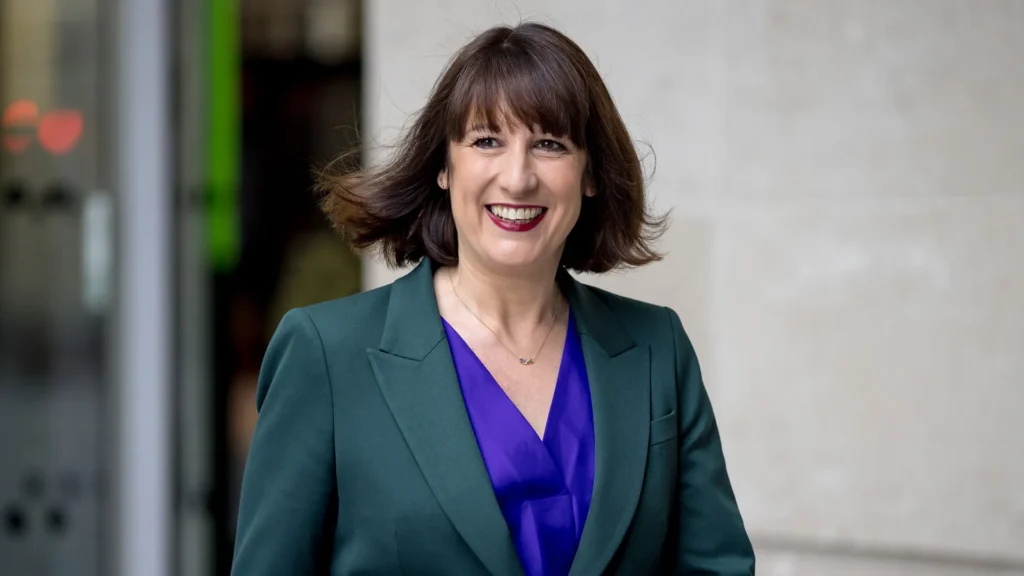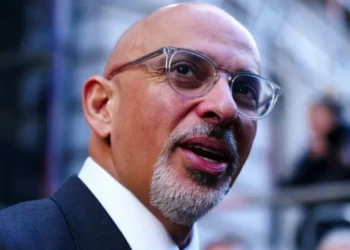Keir Starmer has signaled a willingness to reconsider the two-child benefit cap, amid mounting pressure from Labour MPs advocating for its removal.
This newfound openness comes after Bridget Phillipson, the Education Secretary, suggested that lifting the cap could be part of a broader review aimed at tackling child poverty.
Phillipson emphasized the government’s commitment to exploring various measures to alleviate child poverty, stating, “We will consider [lifting the cap] as one of a number of levers in terms of how we make sure we lift children out of poverty.”
Starmer echoed Phillipson’s stance at a press conference held at the Farnborough International Airshow.
“What the Education Secretary said this morning, I agree with,” he affirmed.
“We will make sure that the strategy covers all the bases to drive down child poverty. No child should grow up in poverty.”
Bridget Phillipson
These remarks signal a notable change in the government’s tone, particularly as Labour backbenchers are poised to rebel if the cap isn’t addressed.
Starmer acknowledged the internal party tensions, commenting, “I’m not surprised that there’s a real passion about this in the Labour Party.”
He emphasized the complexity of the issue, noting that there is “no silver bullet” to solve child poverty, which he attributed to “a complicated set of factors” requiring a comprehensive strategy.
Phillipson has cautioned that while removing the cap is on the table, it is among the costliest measures being considered.
This financial concern will be a critical factor as the Labour Party navigates its first significant test of authority under Starmer’s leadership in the upcoming days.
The debate is expected to intensify during the King’s Speech, with Labour, SNP, Liberal Democrat, and some Conservative MPs likely to challenge the government. A potential vote could occur if an amendment is selected by the Speaker on Tuesday, July 23.
Chancellor Rachel Reeves has expressed caution regarding the cap’s removal, highlighting the need for financial clarity.
“If we’re not able to say where the money is going to come from, we can’t promise to do it. That’s true when it comes to the two-child limit and anything else.”
Rachel Reeves

Policy Criticism
Rosie Duffield, Labour MP for Canterbury, has been a vocal critic of the cap, which was introduced by then-Chancellor George Osborne in 2017.
Duffield described the policy as “sinister and overtly sexist” and cited it as a primary reason for her political career.
The cap restricts parents from claiming universal credit or child tax credit for a third child, impacting approximately 1.6 million children, according to the Department for Work and Pensions.
Last week, numerous charities and organizations consulted by Liz Kendall, the Work and Pensions Secretary, have called for the abolition of the cap.
During the press conference, Starmer also hinted at agreeing to above-inflation pay rises for teachers and other public sector workers.
Independent pay review bodies for these sectors have suggested increases of around 5.5%, higher than the current inflation rate of 2%.
When asked about Reeves’ remarks on the cost of not reaching pay settlements, Starmer agreed, stating, “Yes, I do, and I think that’s an important consideration.”
He further elaborated on the broader economic implications, mentioning the costs associated with industrial action and the necessity of delivering public services.
“There’s a cost that’s measured in the pounds and pence lost to the economy through industrial action, and there’s a cost to the other work that we need to do in relation to the public services that we need to deliver, and that has to be taken account of as we come to a final decision in relation to pay.”
Keir Starmer
This evolving stance on key policies reflects a strategic shift for the Labour Party as it navigates internal pressures and external criticisms, aiming to present a unified and pragmatic approach to governance.
READ ALSO: Over 37% Under Subscription of T-bills Signals Investor Concerns Over Gov’t Fiscal Health- Analyst























